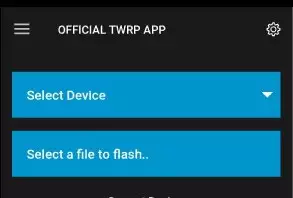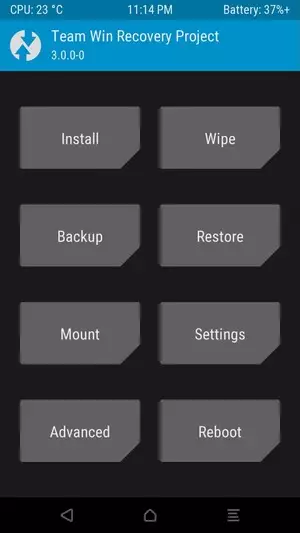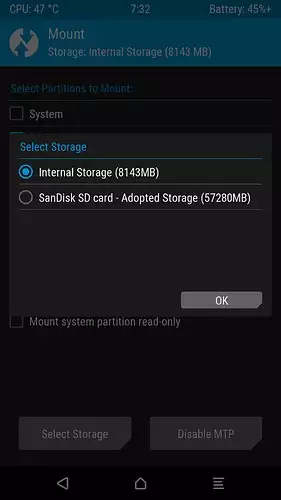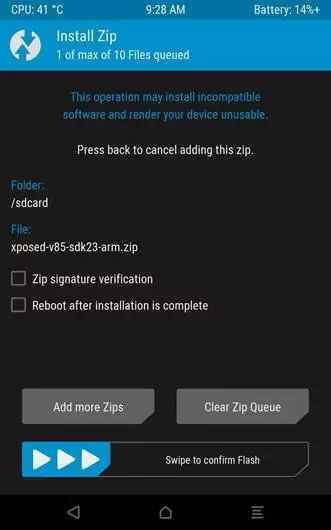Flash firmware on Samsung Galaxy J7 (2017)
Mobiles >> Samsung >> Samsung Galaxy J7 (2017)| Specifications | Reviews | Secret codes |
| Unlock phone | Root phone | Bypass FRP |
| Backup | Flash Firmware | Screenshot |
How to flash Samsung Galaxy J7 (2017)?
Why reinstall the firmware?
Errors constantly appear in the Android OS.
Some installed applications stop opening.
Many programs from the Play Market do not start.
The phone restarts or shuts down randomly.
The phone started to work slowly.
You are not satisfied with the possibilities of the stock firmware.
Where can I find the firmware?
On the phone manufacturer's website.
On specialized services on which developers lay out custom or official OS.
What should be done before installing the firmware?
Create a backup copy of user data, contacts and photos and transfer it to your computer.
Insert SD card. An SD card is needed to write firmware to it.
Determine your smartphone model.
Fully charge your phone. If the battery runs out during boot, the device will no longer turn on.
Download the archive with Firmware and place it on the SD card.
Installing TWRP Recovery
Download and install the Official TWRP App from the Play Market.
When you start the application for the first time, you must agree to install the firmware, as well as agree to grant the application Superuser rights and click the 'OK' button.
Going to the next screen, select the item 'TWRP FLASH' and provide the application with root-rights.

On the main screen of the application, click 'Select Device', and select your phone model.
After selecting a device, the program redirects the user to a web page to download the corresponding image file of the modified recovery environment. Download the suggested *.img file.
When the file is loaded, return to the main screen of the Official TWRP App and press the 'Select a file to flash' button. Select the file downloaded in the previous step.
Press the 'FLASH TO RECOVERY' button and confirm your choice, press 'OK'.
When the message 'Flash Completed Succsessfuly!' appears. Click 'OK'. The TWRP installation procedure is now complete.
Write the firmware and other necessary files to the SD card. Using a PC or laptop card reader, it will be much faster.
Insert a memory card into your phone.
To reboot into recovery, you need to enter the menu accessible by pressing the button with three stripes in the upper left corner of the main screen of the application. Select 'Reboot' and then click on the 'REBOOT RECOVERY' button.
Firmware via TWRP

Before flashing, you need to delete all user data from the phone, this will avoid many problems. press 'WIPE' on the home screen.
You can start flashing. Click the 'Install' button.

The file selection screen appears. At the very top there is a 'Storage' button for selecting an SD card.
Select the location where you copied the files. Press the 'OK' button.

Find the file we need and click on it. A screen opens with a warning about possible negative consequences, you need to check the item 'Zip signature verification', which will avoid using corrupted files when writing to the phone's memory sections.
The procedure for flashing the phone will begin, accompanied by the appearance of inscriptions in the log field and the movement of the progress bar.
After the firmware installation procedure is completed, the 'Successful' message appears on the screen.
Summary: Sim Type: GSM+GSM; Dual Sim: Yes; Sim Size: Micro + Micro SIM; Type: Color AMOLED screen; Touchscreen: Yes, with Multitouch; Size: 5.5 inches, 1080 x 1920 pixels; PPI: ~ 401 PPI; RAM: 3 GB; Internal memory: 16 GB inbuilt; Card Slot: Yes; GPRS: Yes; EDGE: Yes; 3G: Yes; 4G: Yes; VoLTE: Yes (Supports Reliance Jio); Wi-Fi: Yes, with wifi-hotspot; Bluetooth: Yes, v4.1; USB: Yes, microUSB v2.0; GPS: Yes, with A-GPS Support; Sensors: Accelerometer; 3.5mm Headphone Jack: Yes; Camera: Yes, 13 MP with autofocus; Features: Face detection, Touch to focus; Video Recording: Yes, 1080p @ 30fps; Flash: LED; Front Camera: Yes, 5 MP; Operating System: Android, v7.0 (Nougat); Process ...
Comments, questions and answers on the flash firmware Samsung Galaxy J7 (2017)
Ask a question about Samsung Galaxy J7 (2017)




